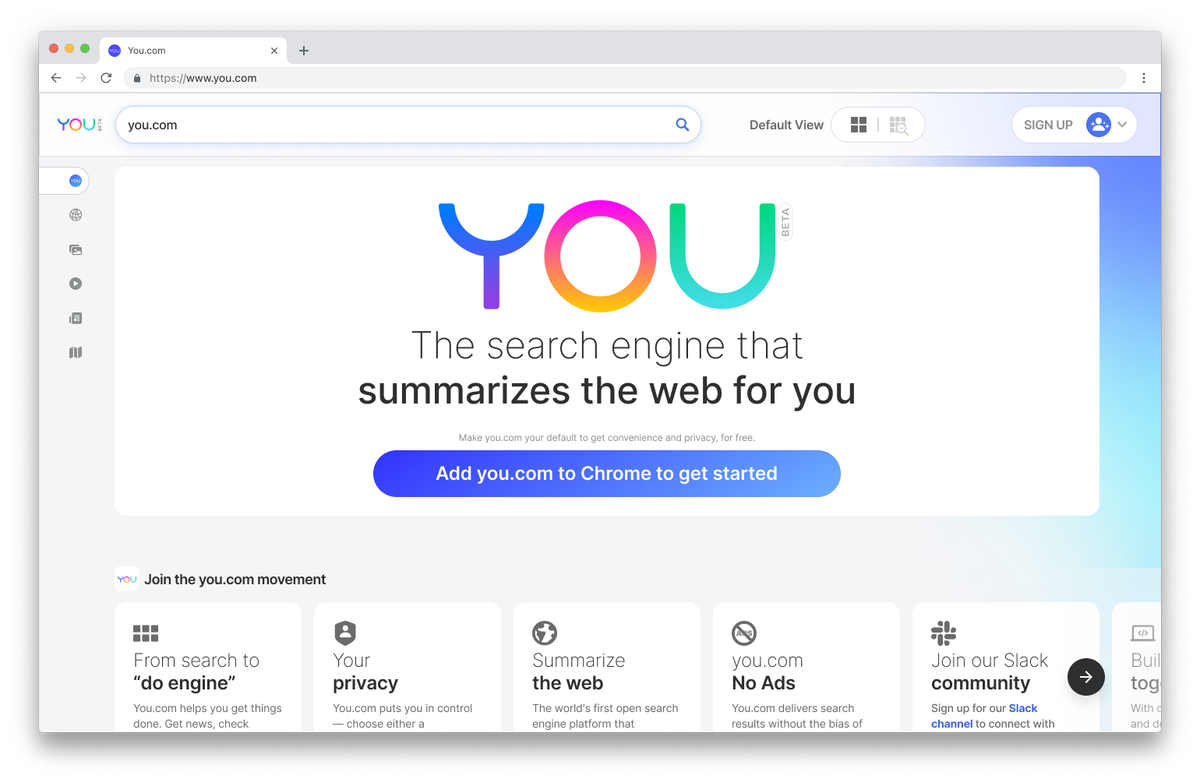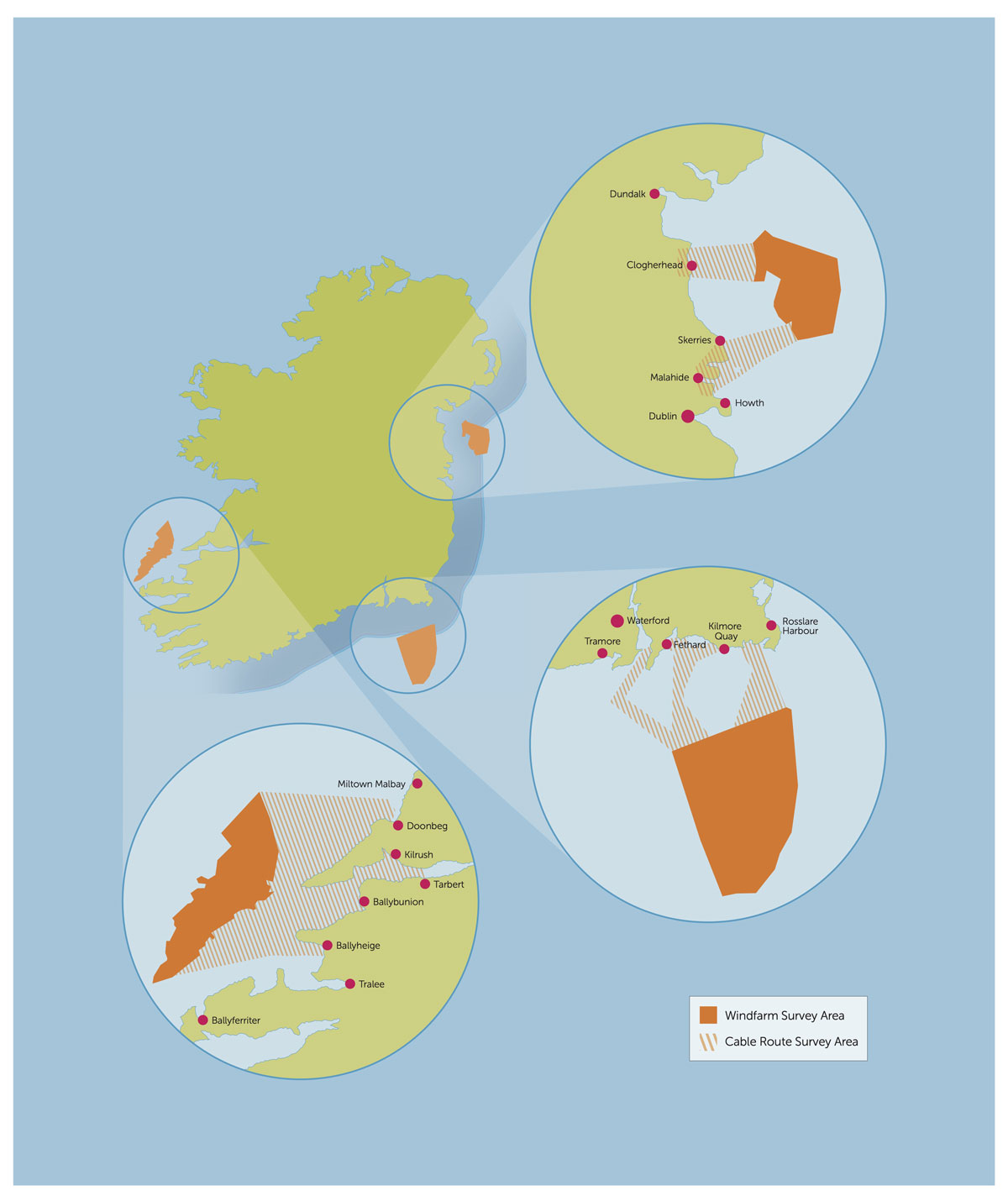Google's Dominance In Online Advertising: The U.S. Seeks A Breakup

Table of Contents
Google's Market Share and Anti-Competitive Practices
Google's grip on the online advertising market is undeniable. It holds a colossal share, controlling a significant portion of search, display, and video advertising revenue. This dominance raises concerns about anti-competitive practices that stifle innovation and harm smaller players.
-
Google's control over search, display, and video advertising: Google Ads, formerly known as Google AdWords, is the undisputed leader in search advertising, commanding a massive share of the market. Its dominance extends to display advertising through the Google Display Network and YouTube, the world's leading video platform. This comprehensive control allows Google to exert significant influence over the entire advertising ecosystem.
-
Allegations of self-preferencing and leveraging data advantages: Critics allege that Google uses its vast data resources to unfairly favor its own products and services in search results and ad placements, a practice known as self-preferencing. This gives Google an inherent advantage over competitors, hindering their ability to compete effectively. Google's unparalleled access to user data allows them to target advertising with unparalleled precision, further solidifying their market position.
-
Evidence of anti-competitive practices harming smaller advertising platforms: Smaller advertising platforms struggle to compete with Google's resources and market reach. The sheer scale of Google's operation makes it difficult for smaller businesses and startups to gain traction. This lack of competition can lead to higher advertising costs for businesses and limit consumer choice.
-
The impact of Google's practices on advertising costs for businesses: Google's dominance can translate to higher advertising costs for businesses. With fewer viable alternatives, advertisers often have limited negotiating power, leading to potentially inflated prices. This impacts small businesses disproportionately, who may find it difficult to afford effective advertising campaigns in a Google-dominated landscape.
The US Government's Antitrust Case Against Google
The US government has launched a significant antitrust lawsuit against Google, focusing on its advertising practices. This legal challenge represents a crucial moment in the ongoing debate about the company's market power and its impact on competition.
-
The Department of Justice's lawsuit and its key arguments: The Department of Justice (DOJ) argues that Google has maintained its monopoly through anti-competitive practices, leveraging its dominance in search to stifle competition in the online advertising market. The lawsuit highlights Google's alleged efforts to maintain its market share through restrictive contracts and manipulative practices.
-
State attorneys general's involvement and their separate lawsuits: Several state attorneys general have also filed separate lawsuits against Google, echoing the DOJ's concerns about anti-competitive behavior in the digital advertising market. These state-level actions add further weight to the case against Google's advertising practices.
-
The potential penalties and remedies sought by the government: The potential penalties for Google could be substantial, including fines, structural changes, and potentially even a breakup of the company's advertising business. The government's aim is to foster increased competition and a more level playing field for smaller players in the digital advertising landscape.
-
The timeline and current status of the legal proceedings: The legal battle is ongoing and complex, with a lengthy process of discovery, evidence presentation, and potential appeals likely to unfold over several years. The outcome will have significant repercussions for the advertising industry and the broader tech sector.
Arguments For and Against Breaking Up Google
The debate surrounding a potential Google breakup is multifaceted, with compelling arguments on both sides. A balanced perspective requires careful consideration of the potential benefits and drawbacks.
-
Arguments in favor: Proponents argue that breaking up Google would foster increased competition, leading to lower advertising costs for businesses and greater innovation. A more fragmented market could also benefit consumers by providing more choices and potentially enhancing user privacy.
-
Arguments against: Opponents counter that a breakup could disrupt the advertising ecosystem, potentially leading to instability and a loss of efficiency. They suggest that Google's scale and integrated services contribute to innovation and that breaking the company up could stifle these advancements. Concerns about unintended economic consequences are also voiced.
-
Expert opinions and differing viewpoints on the matter: Economists, legal experts, and technology analysts hold divergent viewpoints on the matter. Some argue that Google's practices have harmed competition, while others suggest that the company's success is a result of superior innovation and efficiency. This diversity of opinion underscores the complexities of this critical issue.
Potential Impacts of a Google Breakup on the Advertising Industry
A Google breakup would have profound implications for the advertising industry, creating both opportunities and challenges. The short-term and long-term effects on advertisers, publishers, and consumers would be far-reaching.
-
Changes in advertising pricing and strategies: A more competitive landscape could lead to lower advertising prices and necessitate a shift in advertising strategies for businesses. Advertisers would need to adapt to a more fragmented and dynamic market.
-
Impact on small businesses and startups: Smaller businesses could potentially benefit from a more level playing field, although the transition could also present challenges as they adapt to a new environment.
-
The evolution of the ad tech landscape: The ad tech landscape would likely undergo significant changes, with new players emerging and existing companies adapting to the altered competitive dynamics. Innovation in advertising technology could accelerate.
-
Potential for increased innovation and competition: Increased competition could spark innovation, leading to the development of new advertising technologies and more effective advertising strategies. Consumers could also benefit from improved choices and potentially enhanced privacy protections.
Conclusion
Google's dominance in online advertising is under intense scrutiny from the US government. The ongoing antitrust case could lead to significant restructuring of the company's advertising business, with potentially far-reaching consequences for the entire digital advertising landscape. The arguments for and against a breakup are complex and involve weighing potential benefits against potential risks. Understanding the nuances of this legal battle and its potential outcomes is crucial for navigating the future of digital marketing.
Call to Action: Stay informed about the evolving situation surrounding Google's dominance in online advertising. Follow the developments in the antitrust case to understand how it may impact your business and the future of digital marketing. Understanding Google's advertising practices and the potential for a breakup is crucial for navigating the complexities of the online advertising world.

Featured Posts
-
 The Count Of Monte Cristo A Timeless Swashbuckler Review
May 04, 2025
The Count Of Monte Cristo A Timeless Swashbuckler Review
May 04, 2025 -
 Corinthians X Santos Casas De Apostas Dao O Favorito No Paulistao
May 04, 2025
Corinthians X Santos Casas De Apostas Dao O Favorito No Paulistao
May 04, 2025 -
 Expensive Offshore Wind Farms Why Energy Firms Are Turning Away
May 04, 2025
Expensive Offshore Wind Farms Why Energy Firms Are Turning Away
May 04, 2025 -
 Max Verstappen And Partner Welcome First Child Babys Name Revealed
May 04, 2025
Max Verstappen And Partner Welcome First Child Babys Name Revealed
May 04, 2025 -
 Middle Managers Bridging The Gap Between Leadership And Employees
May 04, 2025
Middle Managers Bridging The Gap Between Leadership And Employees
May 04, 2025
